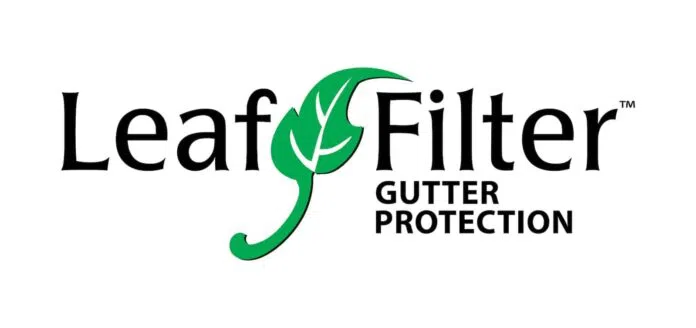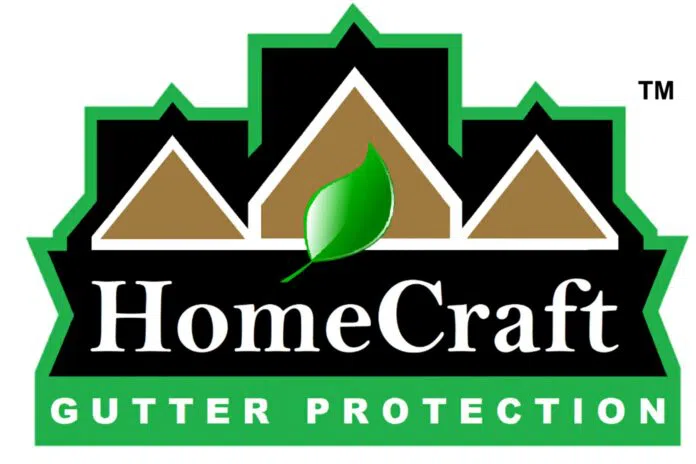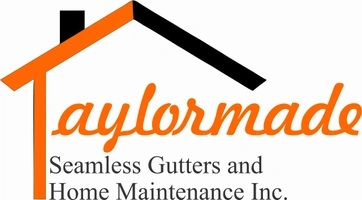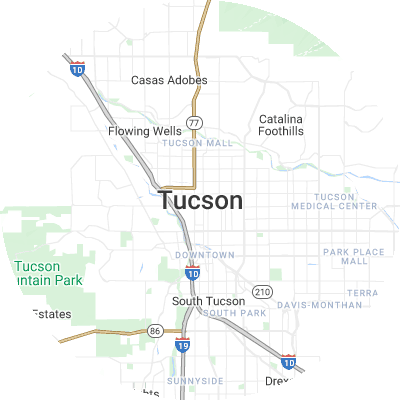Signs You May Need Gutter Guards
While gutter guards aren't always needed, indicators of blocked gutters are typically clear. Signs of chronic gutter problems include:
- Visibly saggy, damaged, or misaligned gutters that no longer direct rainwater correctly
- Mold growth, interior wall stains, or peeling exterior paint on walls near gutters.
- Frequent clogs that cause overflow and water to spill over gutters
- Soggy ground or visible erosion patterns around your home's foundation
- Leaky seams or joints where water leaks out of gutters
How To Choose a Gutter Guard Installer
Assess Their Experience
Companies with years of gutter guard installation experience that have handled many different styles and models will know how to measure accurately and attach guards to your home’s unique dimensions. Contact these companies to get details regarding their experience and ask for local references.
Verify Proper Licensing and Insurance
Check that the providers you're considering have valid licensing, bonds, workers compensation coverage, and general liability insurance. This safeguards you in case of any injury or accident that could arise. Ask potential providers for current licensing and insurance papers.
Choose Reputable Brands
Look for companies that offer top gutter guard brands like LeafFilter and Gutter Helmet. Avoid companies that only install generic no-name guards or their own off-brands, which may not have undergone rigorous quality control testing.
Seek Custom Fit Services
For optimal performance, gutter guards need to be custom-fitted to match your specific gutter setup. Select a company that custom measures and trims guards specifically for your home, rather than using one-size-fits-all guards. Correctly fitted guards will leave no gaps for debris to get stuck.
Examine Warranties
High-quality gutter guard companies typically have 20-year or lifetime warranties covering clogs, leaks, rust, and other defects. Before choosing a provider, thoroughly review the warranty terms for both materials and workmanship guarantees. Warranties are the most effective way to safeguard your investment into your gutters.
Check Reviews and Referrals
It's a good idea to look at online reviews on Yelp, Google Reviews, the Better Business Bureau (BBB), and other review sites to learn about customer experiences. Ask neighbors to recommend quality local gutter guard companies. When researching providers, you should choose companies with consistent positive feedback instead of just one or two reviews.
Types of Gutter Guards
There are six primary types of gutter guards. These include the following:
- Brush guards are just what they sound like: large brush bristles that sit in your gutters to let water through while blocking debris. On average, you can expect to spend $4.02 per linear foot for brush guards.
- Foam guards consist of pieces of foam that sit in your gutters to catch debris. They're light and easy to install. On average, you can expect to pay $2.44 per linear foot for foam guards.
- Screen guards have large holes that let water through while stopping debris. Screen guards cost roughly $3.82 per linear foot.
- Mesh guards stop debris but let water through. Mesh guards have even smaller holes than screen guards. They're durable and encourage debris to slide off rather than sitting on top of your gutters. On average, you can expect to pay $3.69 per linear foot for mesh guards.
- Micro-mesh guards have even smaller holes than mesh guards and let even less debris through than mesh. These guards are extremely effective. On average, you can expect to pay $4.80 per linear foot for micro-mesh guards.
- Surface tension guards, sometimes called reverse curve guards, use surface tension to allow debris to slide off while water flows through into the gutter. They can usually be seen from the ground. On average, you can expect to spend $2.83 per linear foot for surface tension guards.







